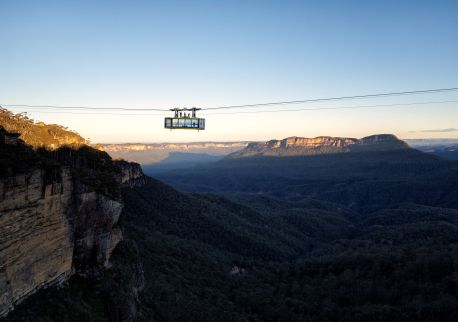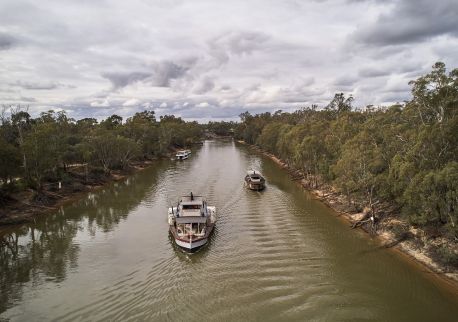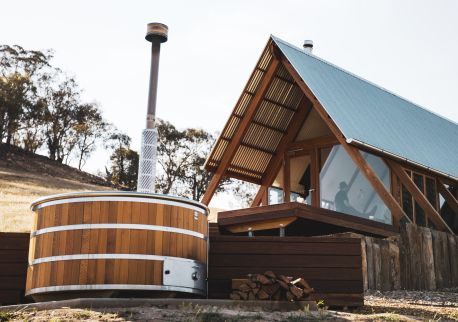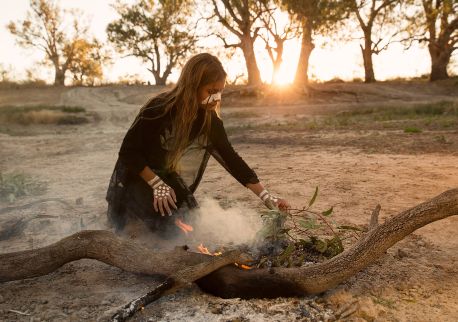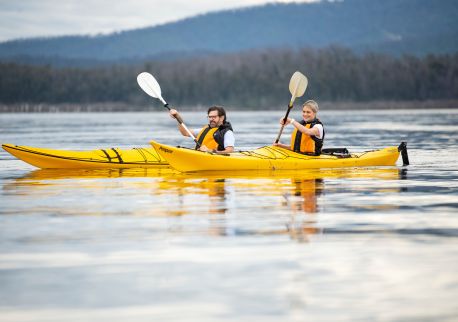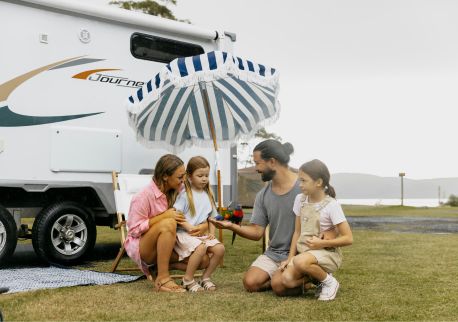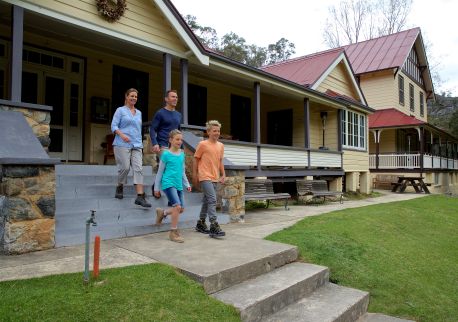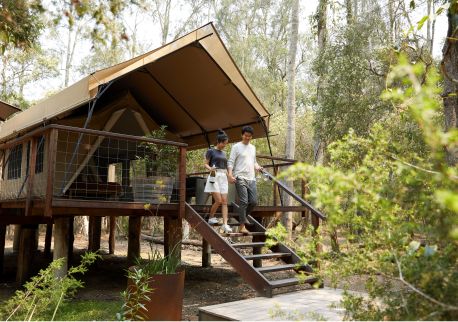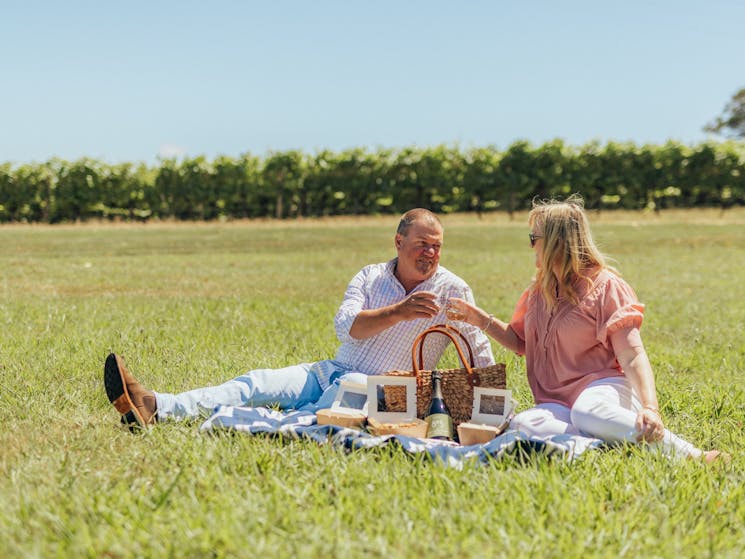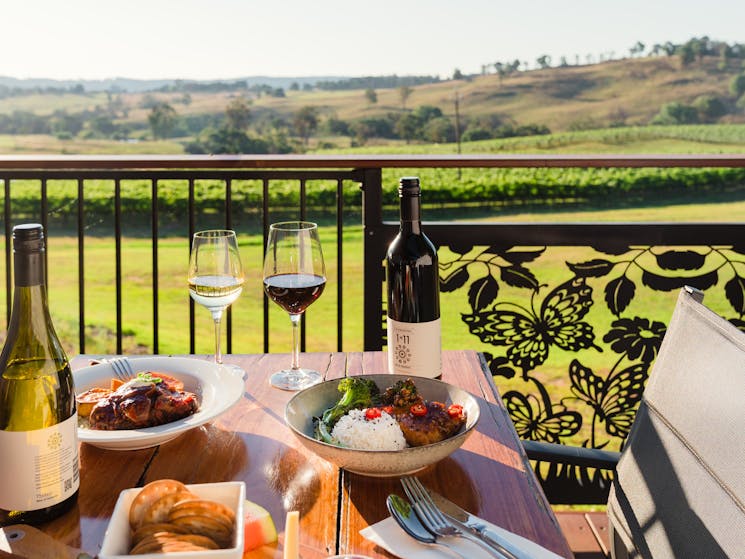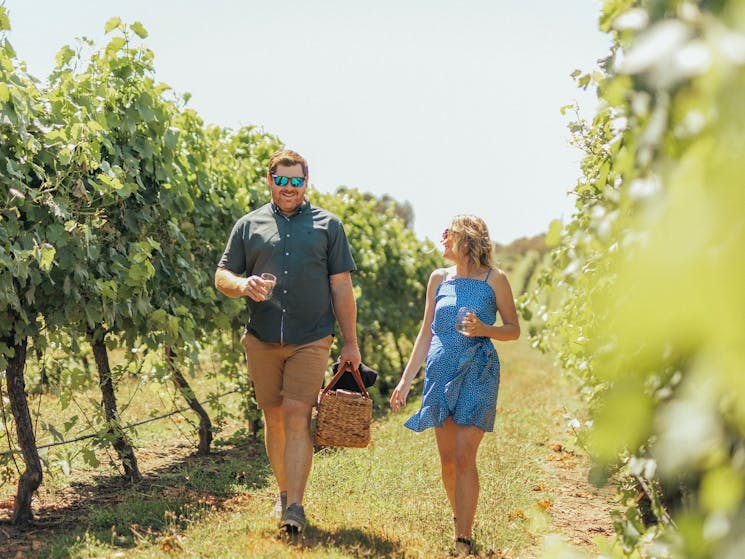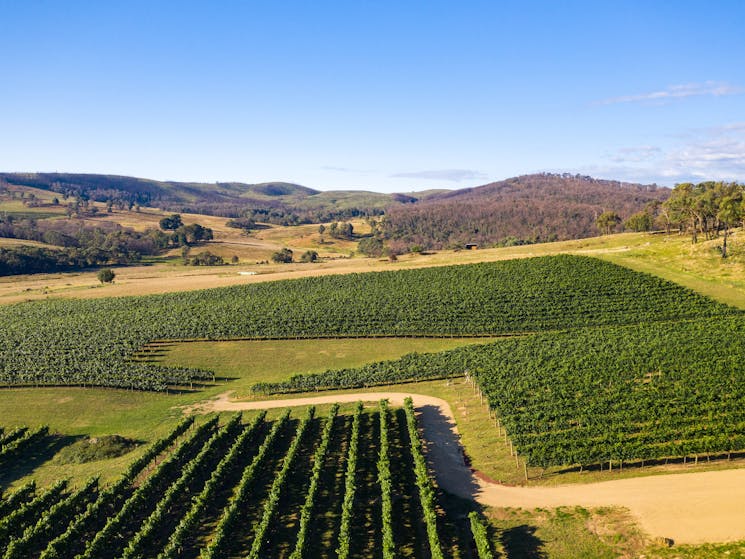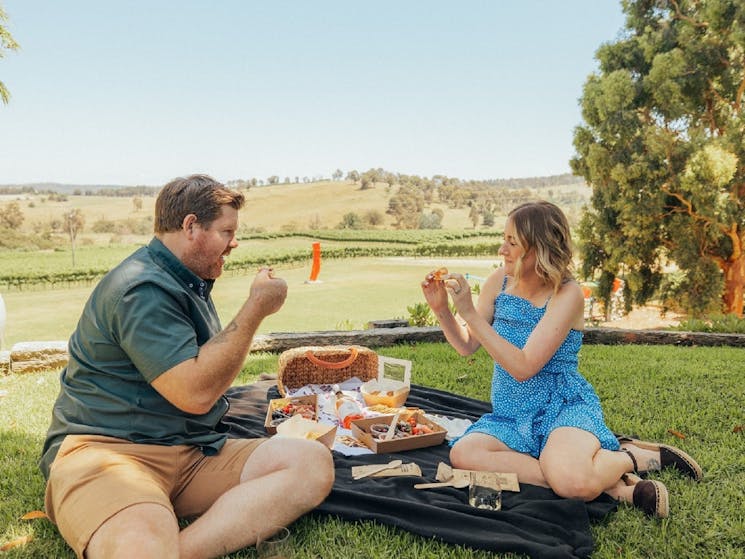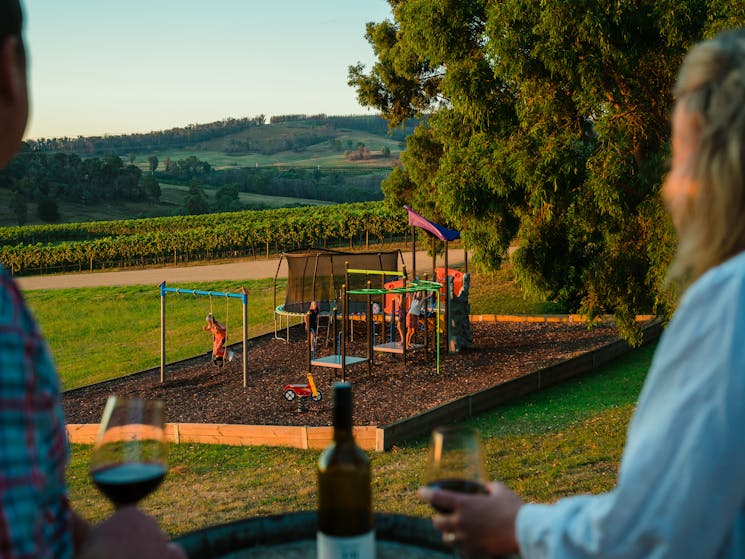Courabyra Wines
Highlights
Seasonal menus featuring local produce in a scenic mountain setting
Warm, family-run hospitality with indoor and outdoor dining options
Overview
Courabyra Wines is a family-owned and operated Cellar Door and Vineyard nestled in the foothills of the Snowy Mountains, residing in the Snowy Valleys region producing some of the finest cold-climate wines.
Courabyra Wines has been recognised as one of Australia's top Cellar Door establishments, providing guests with a premium dining experience. A seasonal lunch and dinner menu, made with regional produce is available at the Cellar Door with indoor and outdoor seating options available, but bookings are recommended to avoid disappointment.
Weddings, group functions and special events are offered by prior arrangement.
The award-winning wines are the result of dedicated vineyard management practices and selecting parcels of the finest quality, handpicked grapes sourced from the Courabyra Vineyard. A selection of wines are available for tasting and purchase at the cellar door or via the website. Visitors can book in for exclusive experiences, including a private vineyard tour, helicopter tour, or the new picnic experience, where guests can choose a picnic package to enjoy among the vines.
The venue also has a children's playground to keep the kids entertained.
Cathy and Brian Gairn arrived from Melbourne in 1983, planted the first vines in 1992, and have never looked back. Cathy is the vigneron and business manager, whilst Brian is the go-to man, often entertaining guests and telling stories of a time gone by.

